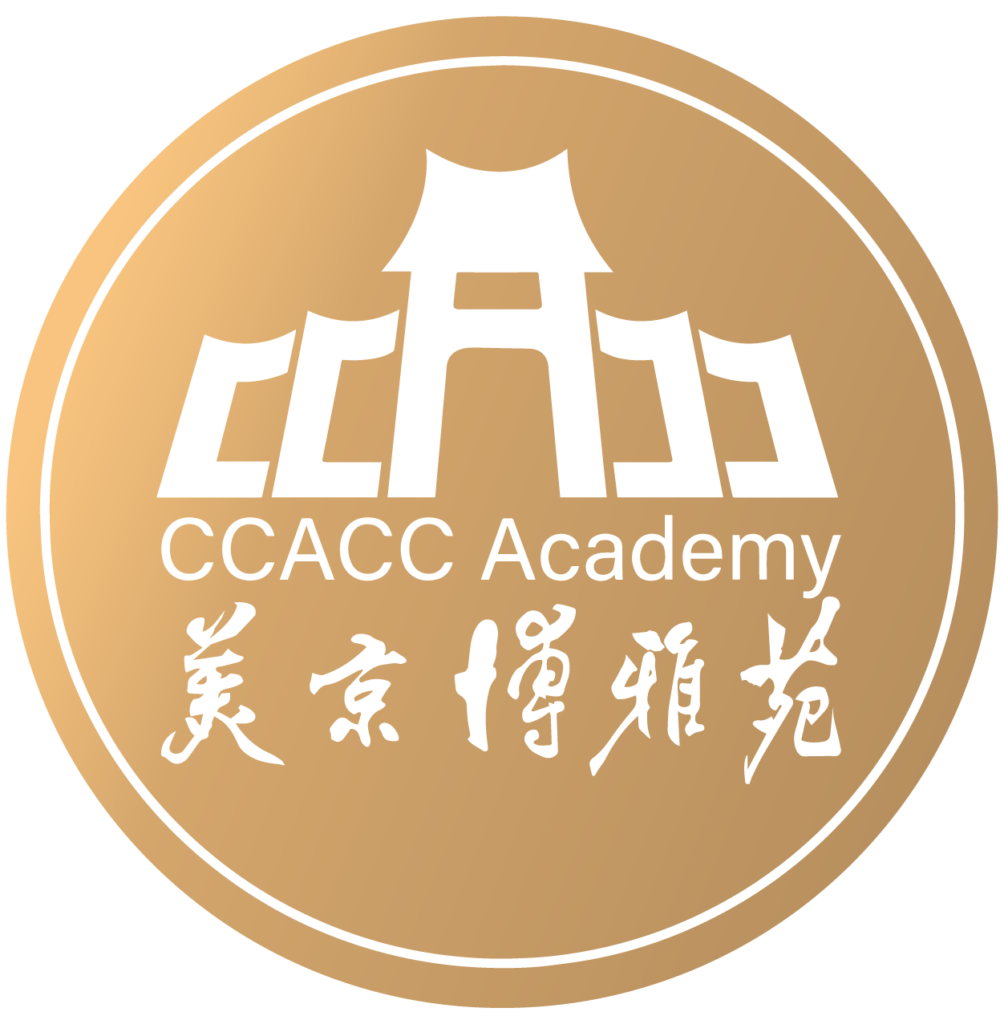By Richard Tan, National Chess Master
Having mastered the game of chess over 6 years of playing in tournaments, I can now understand the profound impact it has had on my life and my thinking. I started out like every other chess player, thinking it was just a fun hobby and I would just be playing during my free weekends. Eventually, the player has an obsession with the game. One feels the need to dedicate their time at perfection. The game taught me many important lessons about concentration, calculation, and discipline.
Concentration is a necessity of playing chess, a skill learned through the desire to win. A player cannot advance beyond the beginner level if they only look at the present and do not consider future decisions when they are making a move. The same is true for life: short term pleasures must always be subordinate to long term success if a person is to be happy. Like many kids in elementary school I was very energetic, often finding difficulty in keeping quiet and sitting still during class. Chess was a major breakthrough for me. At tournaments, my desire to win occupied my mind to such an extent, that I was able to sit still for many hours at a time. The chess player is absorbed by the game. Similar to sleeping, a game may take up to 8 hours yet feel like it was only 1 hour. This concentration that I learned subconsciously has helped me since in my regular life when focus is a necessity, particularly during test taking.
Calculation is another skill learned by chess players. Any tournament level player must see at least 2 or 3 moves in advance anytime they make a move in the present. The moves made earlier will affect the decisions made later, and good decisions made earlier in the game helps decisions later in the game. The exact same statement could be made for decisions made in life. A thinking person cannot simply wade through life on their first desire or whim they feel will make them happy. They must consider logic and consequences at all time with no exception.
Discipline is another necessity both on and off the board. Tournament play is 10% of the time that occupies a player’s time. Practice and preparation for perfection is the precursor for success at the board. A player that does not study how to play well, does not go over their past mistakes, does not examine what good players do compared to weaker players, will not do well in tournaments. Dedication to training well is a skill often learned through failure. Many times I have skipped studying chess and my results at tournaments have reflected accordingly. Same goes with life: if you fail to practice, success will appear as an impossible goal. Frustration is an experience every chess player will inevitably face. Failure to perform well drags the player’s mind into their darkest thoughts. Personally, I have seriously thought about quitting chess twice before becoming a master. Proper practice and preparation have a direct correlation with playing well, and this realization comes to every person, chess player or not. Growth comes out of this frustration, and the mind can transcend the suffering to perform better.
There are many difficult aspects about being a chess player: pain and loss are an inevitable consequence of play. But if the young player is willing to learn from their mistakes, they will have achieved a skill that is necessary in life at an earlier stage. They will be mentally and psychologically, miles above their peers.However, there are also many glorious aspects about being a chess player. Me and many of my friends can tell about the overwhelming number of trophies we have. I have more than 30 personally and the mantle above the fireplace has been stuffed with trophies for a long time. Many tournaments also have money prizes, some even going up to thousands of dollars, an exciting prospect for a pre-adolescent person. I have made so many friends at tournaments and memories too. The beauty of the game, the pains, the gains, the losses, the wins, the darkness, the glory, and much more have taught me an incredible amount of how to live and be happy. The game will be a part of me for the rest of my life, and I hope you are willing to play and experience the same love for the game I have experienced.
Mr. Tan instructs all The Cathay School After School chess classes.
